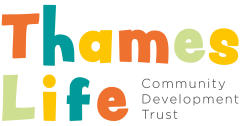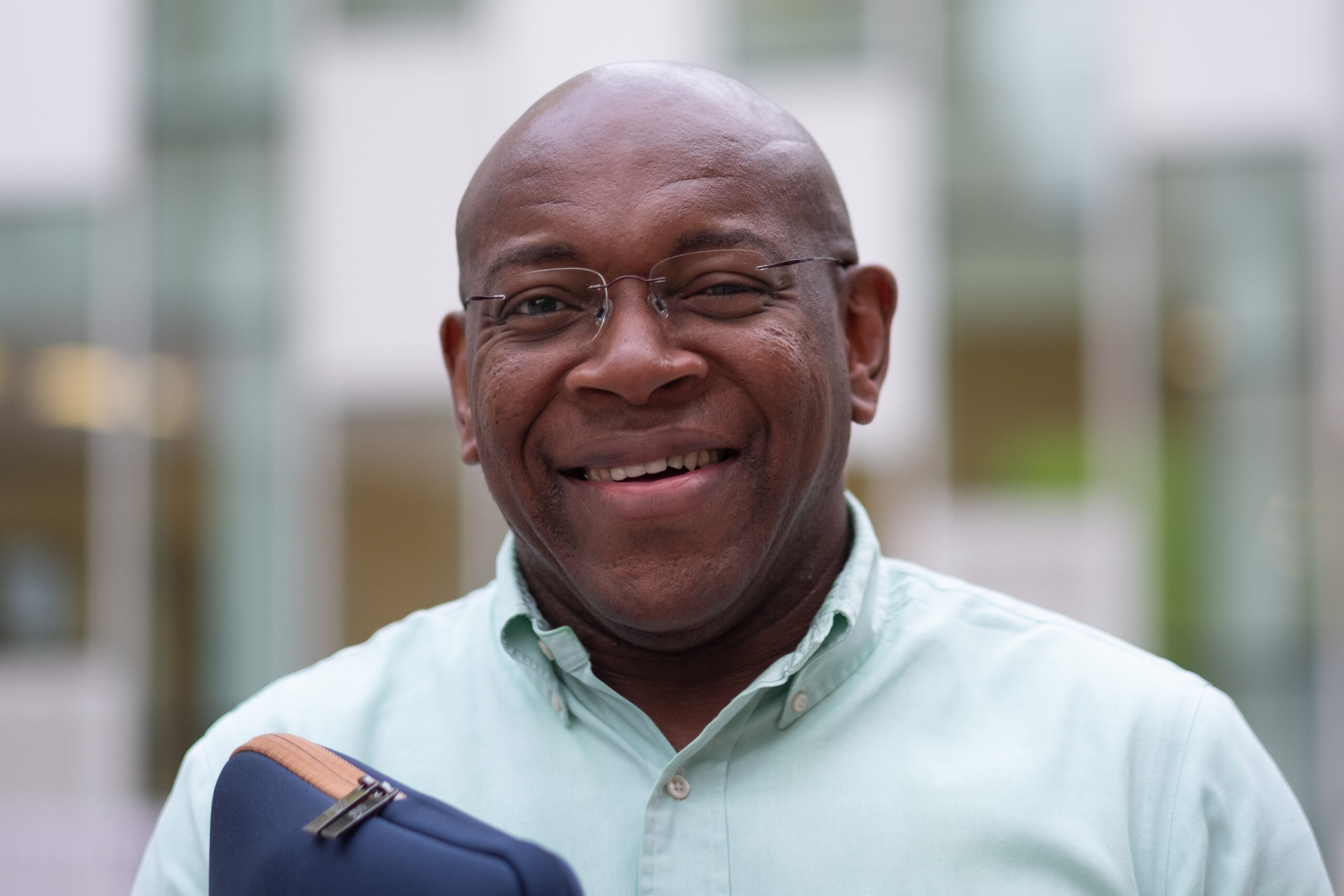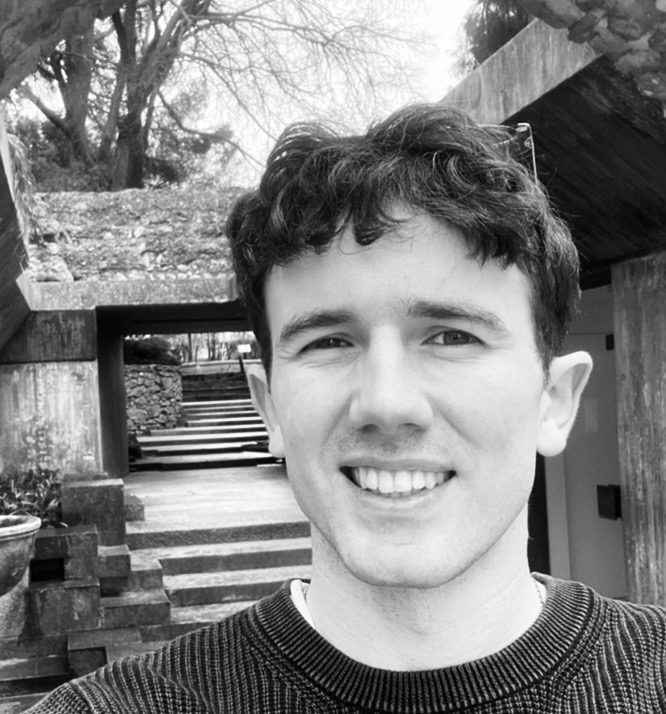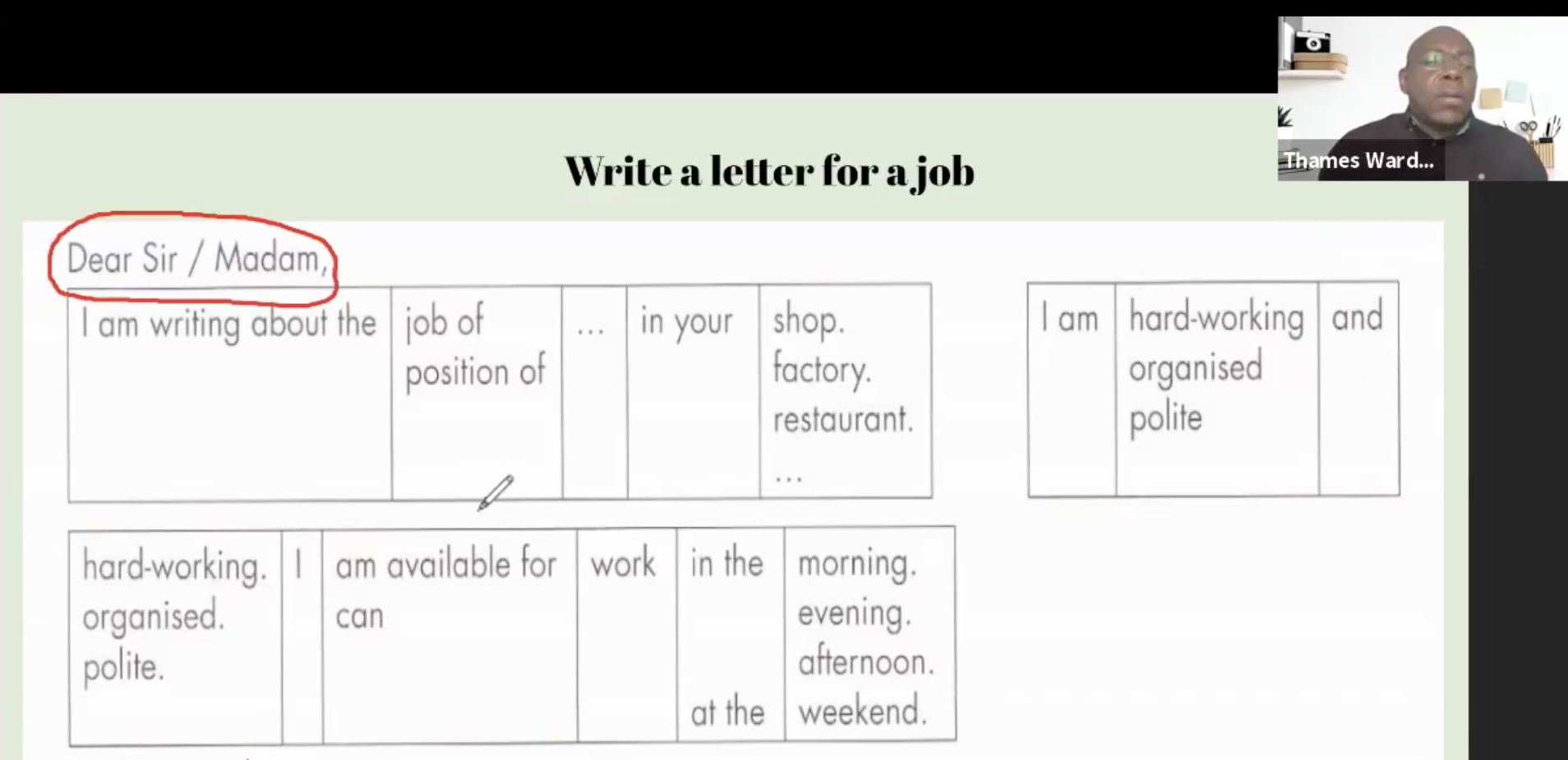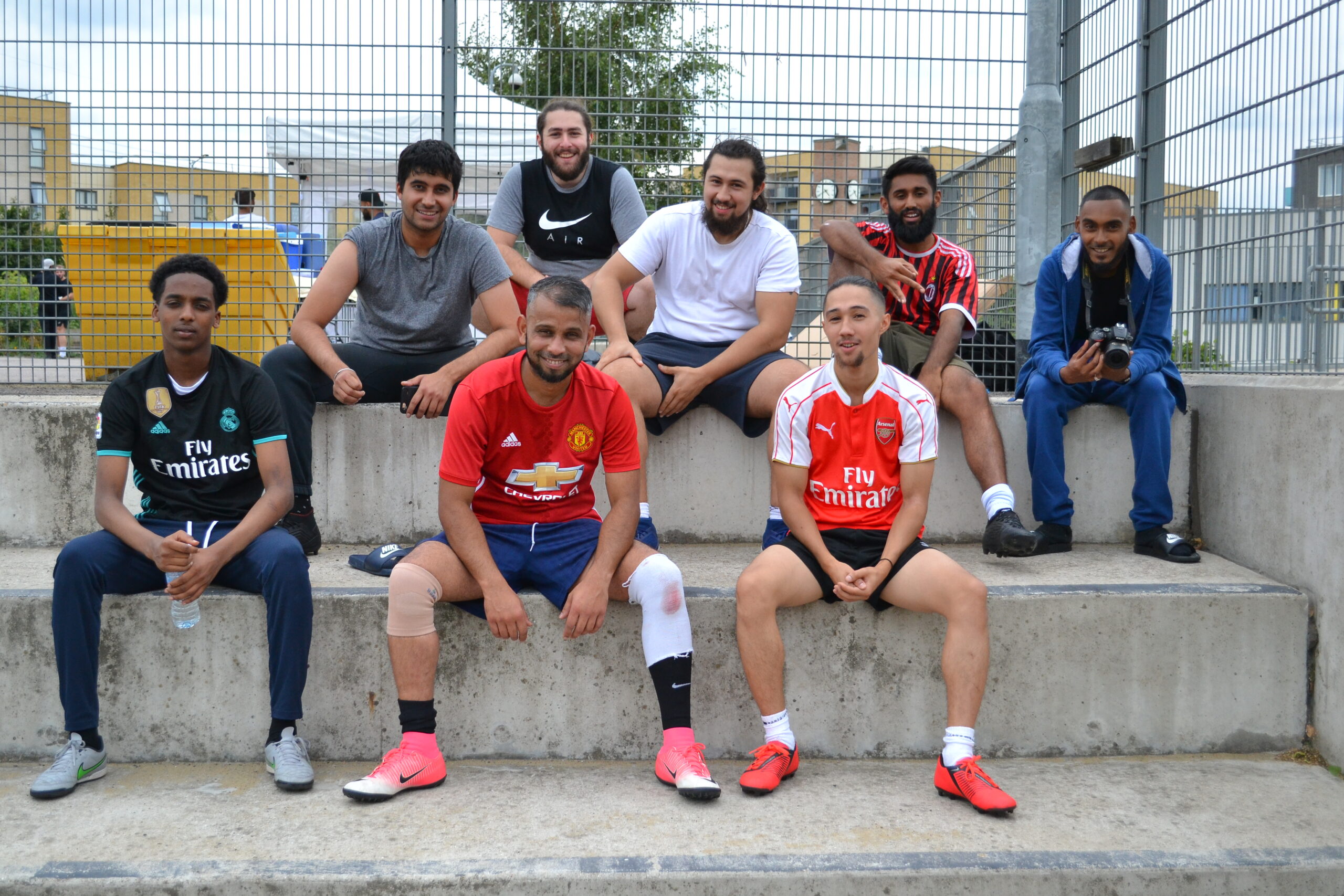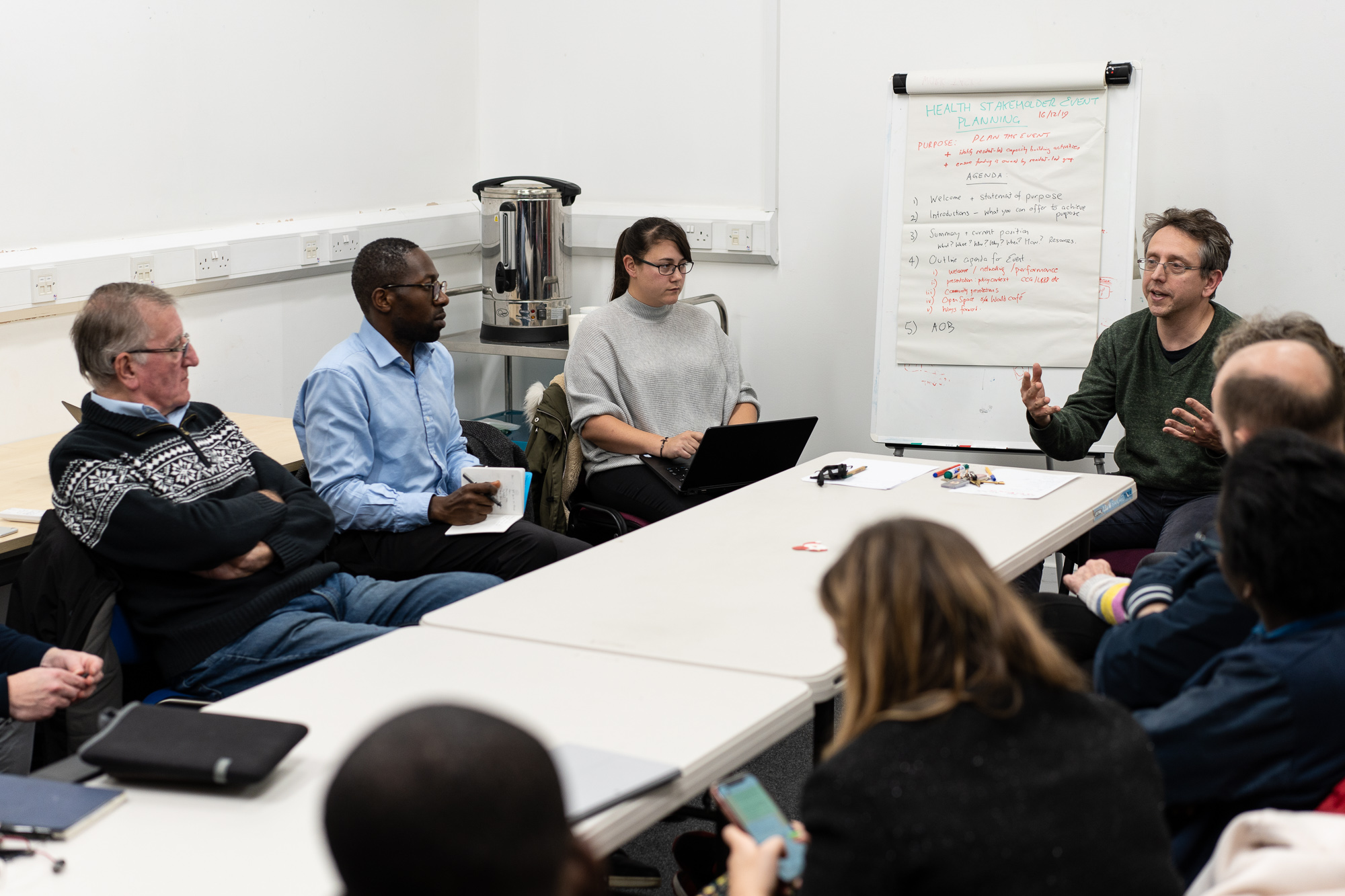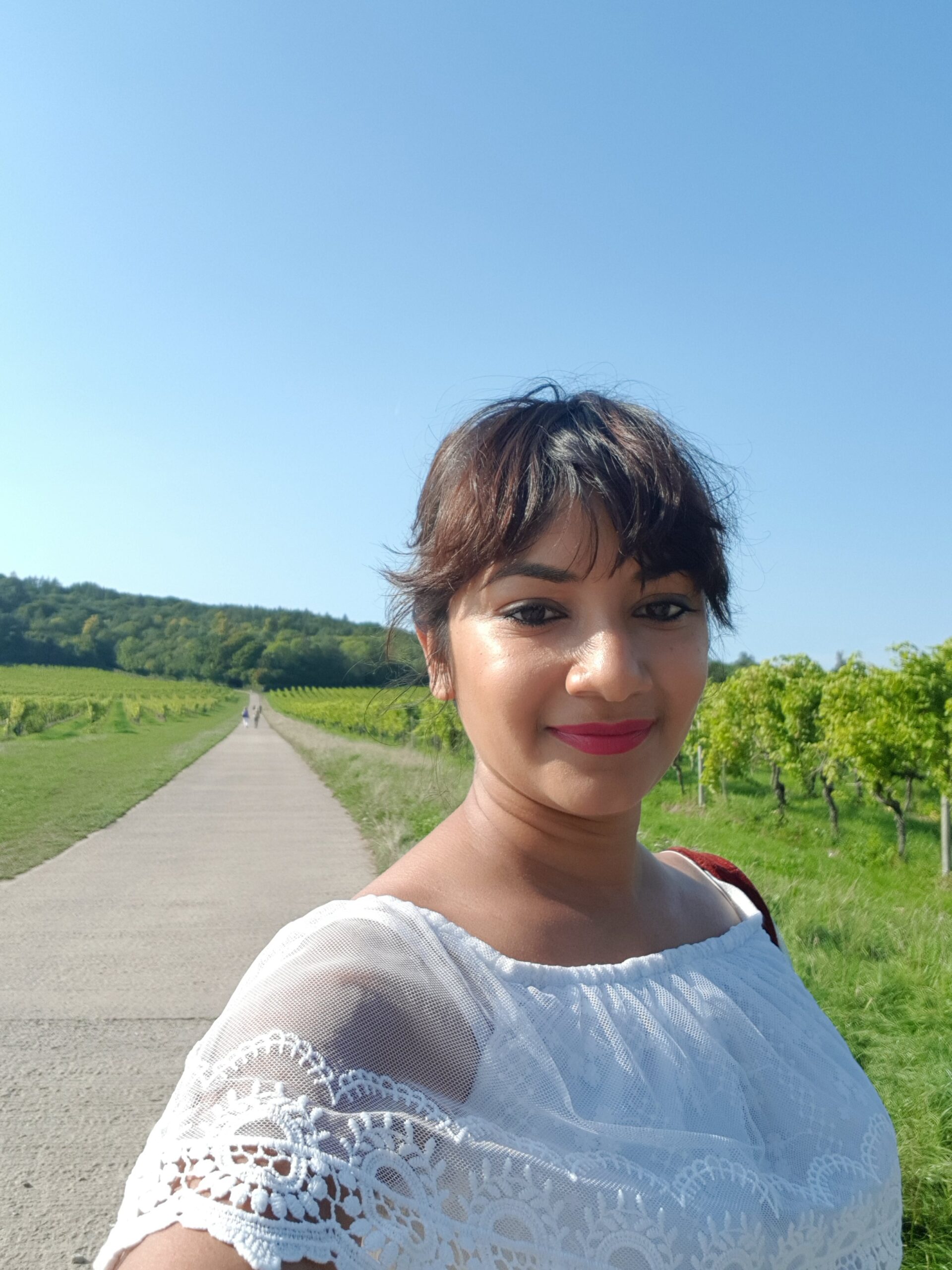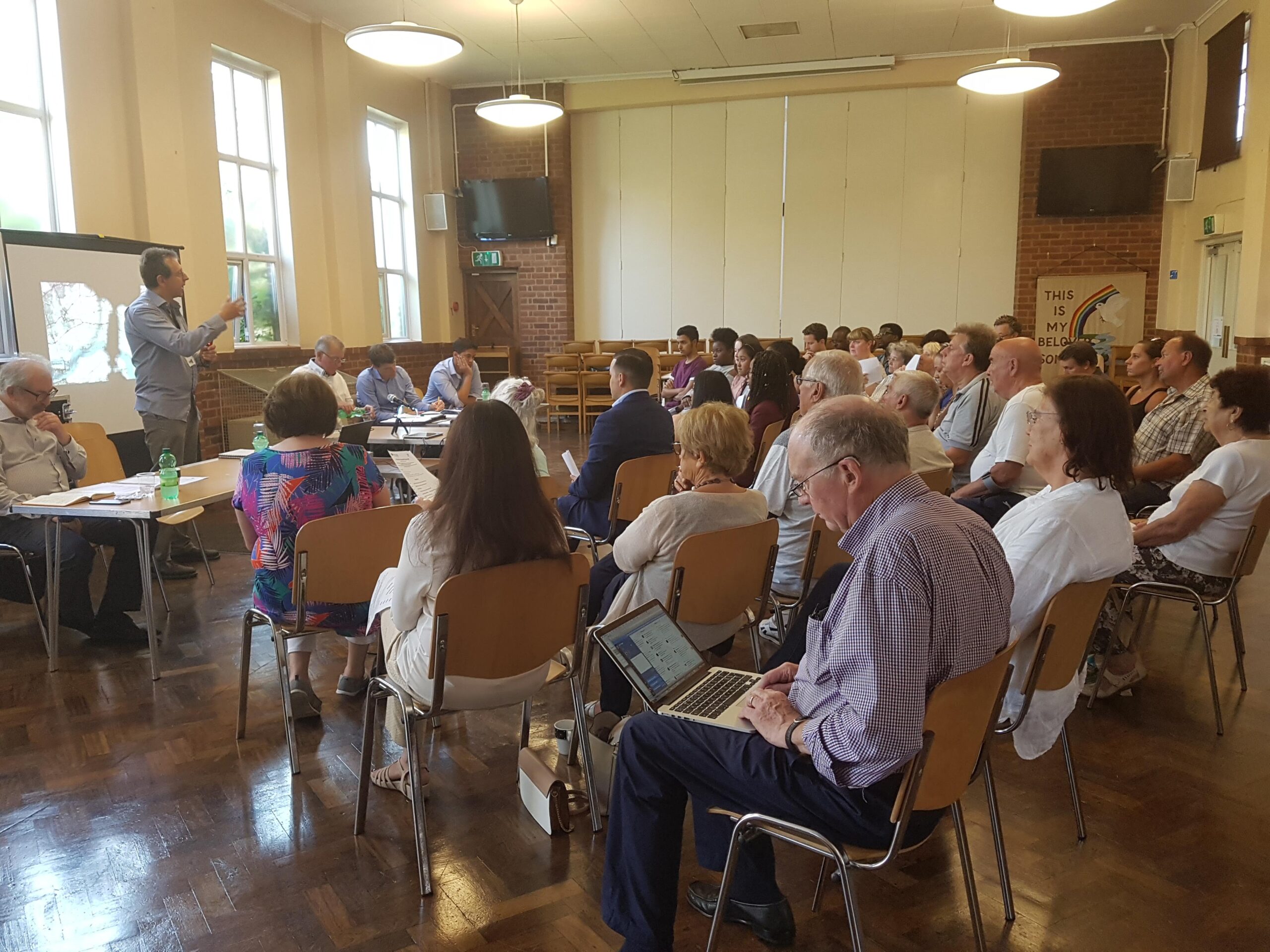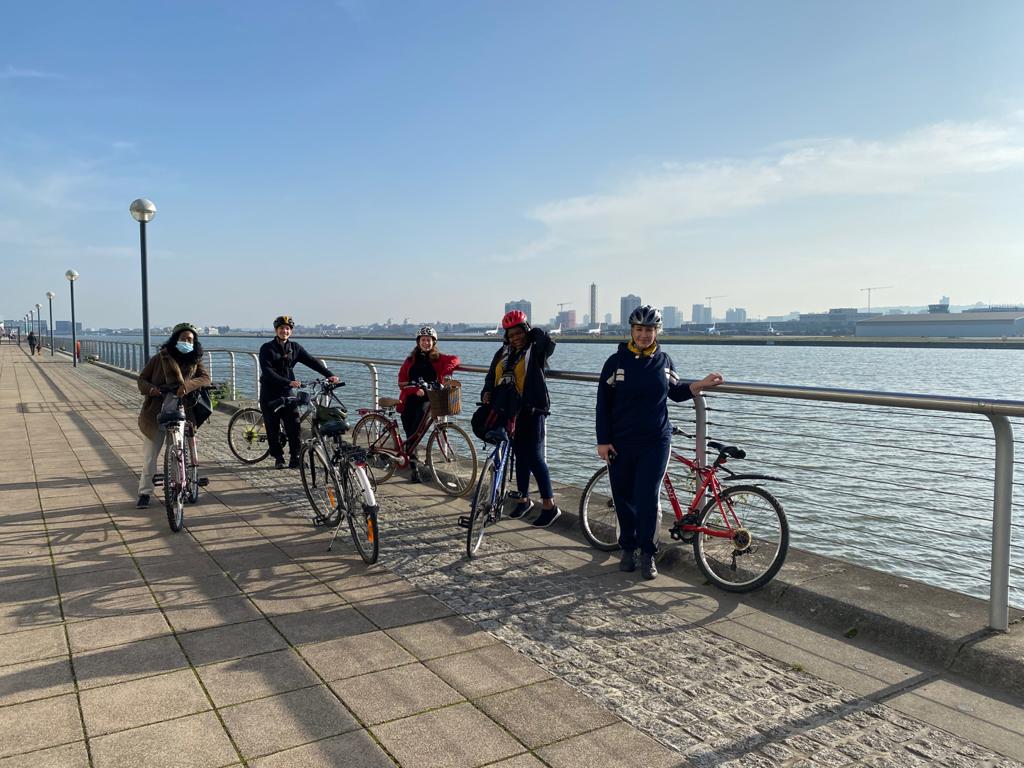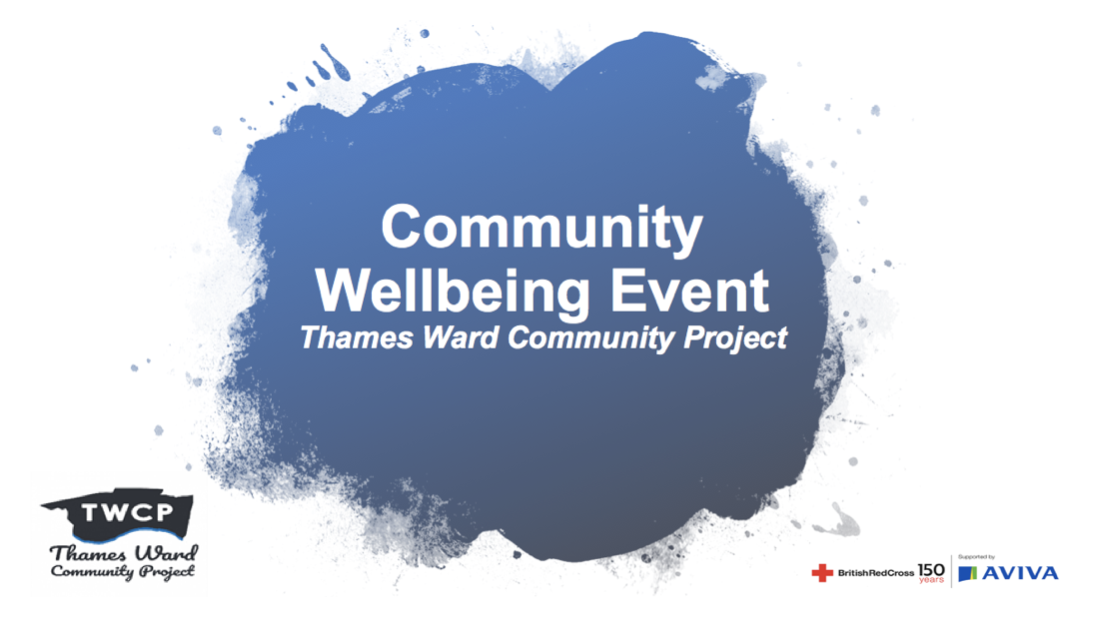My name is Pierre Epoh Moudio and I am a British Citizen but I am originally from Cameroon. I moved to the ward in 2014, and am a resident steering group member of Thames Ward Community Project (TWCP). I work as a Senior ESOL Lecturer at Barking and Dagenham College and have more than 16 years’ experience working with immigrants who need to improve their English in order to improve the quality of their lives, to get into employment and fully integrate in the new country they live in.
Why ESOL (English for Speakers of Other languages)? Teaching ESOL has always been my childhood dream and I am passionate about languages. English is actually my third language. When I arrived in the UK, I struggled to find work, make new friends in a new country and I didn’t know how things operated in the UK work environment. It was frustrating and I felt depressed. I went from one setback to another and wanted to give up. Later, I was asked to retrain and get a new qualification to meet UK standards but after doing so I got no positive reply from employers because I had no UK work experience. Luckily through voluntary work, I gained the necessary experience, made new friends, widened my network, got support from various people and organisations and successfully got my first permanent job as an ESOL Lecturer.
To give back to the community that did so much for me, I decided to set up a project that would help immigrants to work on their language and employability skills, get some work experience that will enable them whilst looking for work to compete on equal footing with the locals and make a positive contribution to their community. TWCP played a key role in the setting up of the ESOL for Parents project as I spoke to several organisations about my idea but none of them thought it was a good idea but TWCP did. They provided me with all the support I needed from applying for funding, monthly one to one check in meetings, to all the logistics. Thanks a million and this could not have happened without you. To date I have run several successful projects that have impacted not only the local residents but also residents from other boroughs. We also won two awards one from the Rotary International- Stratford branch and the other from Barking and Dagenham Faith Forum. The award was for improving access to services.
Most of the people I work with are frustrated, lack confidence and are hopeless because they have lots of skills that could benefit the UK but are not used due to poor guidance and support. My plan for the future is to work closely with local employers and get them to offer support by offering work placements to my students which will give them that vital UK work experience needed by most employers and in return boost their confidence and enable them to aim higher.
